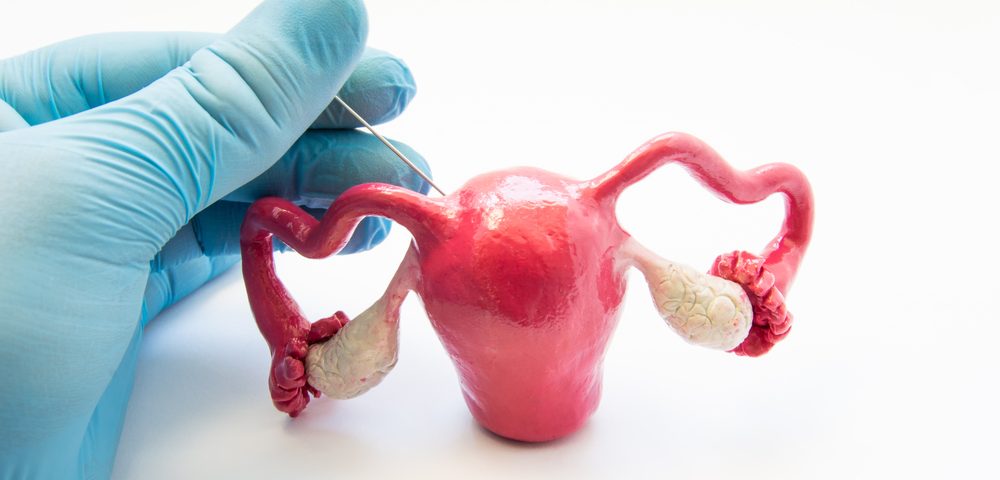Stem cells responsible for repairing the womb following menstruation can also promote endometriosis and endometrial cancer if they become dysfunctional, researchers have found.
Such malfunctioning stem cells also can reduce the chances of success for women undergoing in vitro fertilization (IVF), the study shows.
The researchers’ findings were reported in “Endometrial Axin2+ Cells Drive Epithelial Homeostasis, Regeneration, and Cancer following Oncogenic Transformation,” a study published in the journal Cell Stem Cell.
Using a technique called in vivo lineage tracing in female mice, investigators from the Hunter Medical Research Institute in Australia and their colleagues discovered that stem cells located at the base of special glands found throughout the inner lining of the womb (endometrium) are responsible for replenishing the endometrial tissue that is lost during menstruation.
In vivo lineage tracing is a technique that allows scientists to label and follow specific cells inside an organism. In so doing, the team discovered these stem cells contained high levels of a gene called Axin 2, which has been found to be active in cell types from other highly regenerative tissues.
When the researchers specifically destroyed Axin 2-positive stem cells in the wombs of female mice, they found the endometrium was no longer able to repair itself and became highly dysfunctional. Moreover, when investigators introduced cancer-associated mutations into these stem cells, the cells started to malfunction and to fuel the development of endometrial cancer.
“What we are able to show is that if you cause mutations in these cells, you get endometrial cancer,” Pradeep Tanwar, PhD, lead researcher and senior author of the study, said in a news story.
“What we now hypothesise is that when women have endometriosis, what they have is an expansion of these mutated cells. These cells end up going into the abdominal cavity. Because they are so highly regenerative — because these are the cells that are repairing the uterus in each cycle — they start making uterine-like tissues in the abdominal cavity — which is what endometriosis is,” said Tanwar, also an associate professor at the Hunter Medical Research Institute.
Tanwar also believes the malfunction of these stem cells could be the reason why women undergoing fertility treatments fail to conceive.
“Some women have repeated failed IVF cycles because their endometrium is too thin, and the embryos cannot implant,” he said. “We now know that these cells in these women are going to be defective, and that is why the repair is not happening properly,” he said.
The Hunter researchers spent seven years “exhaustively testing” their findings, Tanwar said. He said they collected and banked gynecological tissue samples from hundreds of women treated at the center.
Given the wide implications of these findings, many scientists around the globe have reached out to congratulate the team on their discovery, he said.
“There have been so many questions about these conditions, and this has given us a framework to start addressing those, and — hopefully — come up with some answers,” Tanwar said.
“There is huge potential in the study, and there is huge potential in what we are doing. This cell is affecting many of these gynaecological diseases, which are mainly uterine based,” he added.

